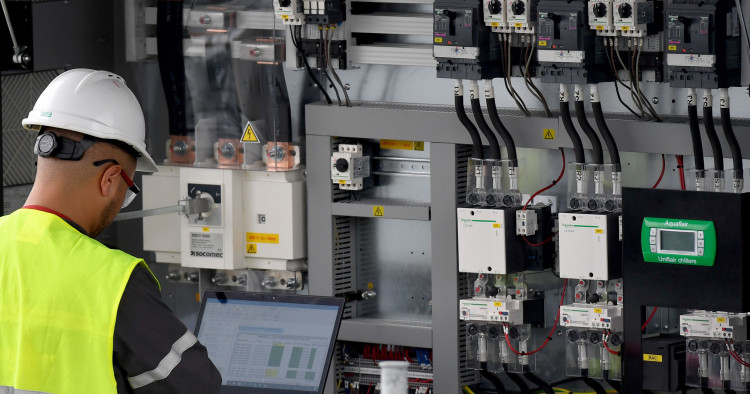This article was first published in Policy Center for the New South. It was co-authored by Mohammed Soliman and Alberto Tagliapietra.
Subsea data cables are essential to the functioning of today’s globally and digitally connected economies and societies. The world’s emails, bank transfers, WhatsApp messages, and social media posts travel through undersea cables. Dependence on this infrastructure continues to deepen, leading states and regional organizations to recognize the need to provide adequate protection to an infrastructure that is fragile and vulnerable to unintentional (and intentional) disruption.
Rising Security Concerns
About 97% of global data runs through a few hundred undersea cables. These cables are vital to the global economy, spanning over 1.4 million kilometers, and connecting nearly all the world’s countries. While most incidents involving disruption to undersea cables are unintentional, concern is rising about intentional actions amid increasing great power competition.
In 2023, at the Vilnius Summit, NATO launched the Maritime Centre for Security of Critical Underwater Infrastructure within NATO’s Allied Maritime Command (MARCOM), aiming to better coordinate and protect this infrastructure. Similarly, the Quadrilateral Security Dialogue (QUAD), during its 2023 summit in Hiroshima, established a framework for cooperation on the protection of cables in the Indo-Pacific and also the G7, issuing a communique on the importance of collaborating more on undersea cable security. More recently, after experiencing massive internet outrages due to damage to subsea cables, Nigeria has been vocal within the International Telecommunications Union, the UN Agency for issues concerning information and communication technologies, asking for a new regional and global framework to be established to protect subsea cables better. Furthermore, during the 79th UN General Assembly, which took place in New York on September 22-23, 2024, the U.S. proposed a Joint Statement that would lay out principles to underpin the security, reliability, sustainability, and resilience of undersea cables in a globally digitalized world.
Photo credit: Getty Images
The Middle East Institute (MEI) is an independent, non-partisan, non-for-profit, educational organization. It does not engage in advocacy and its scholars’ opinions are their own. MEI welcomes financial donations, but retains sole editorial control over its work and its publications reflect only the authors’ views. For a listing of MEI donors, please click here.













